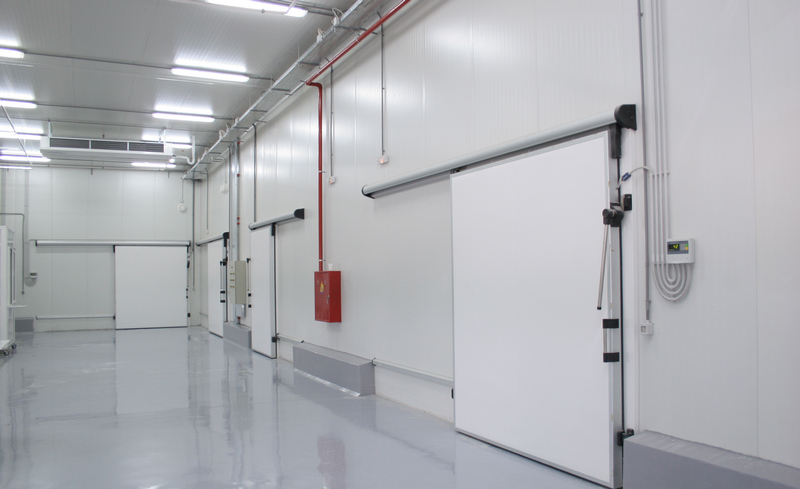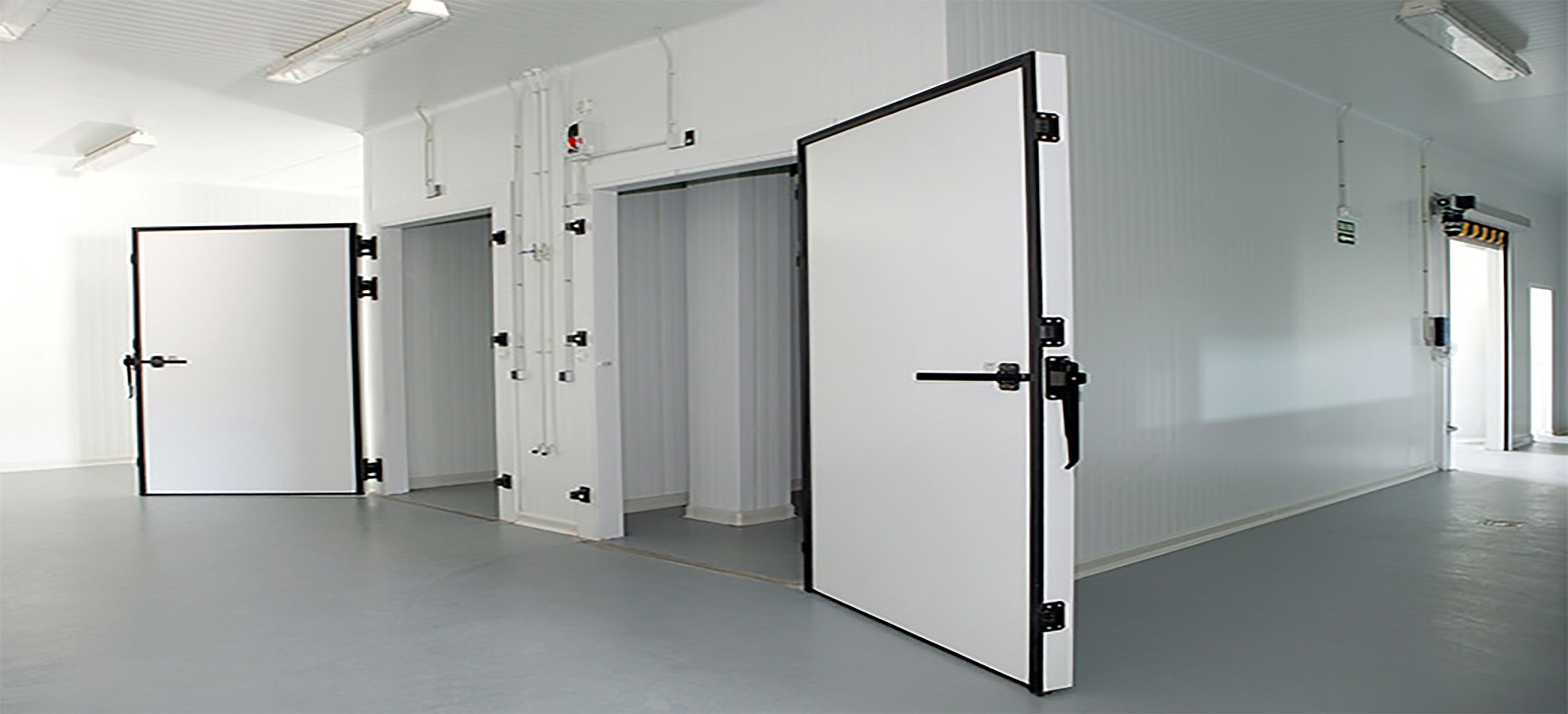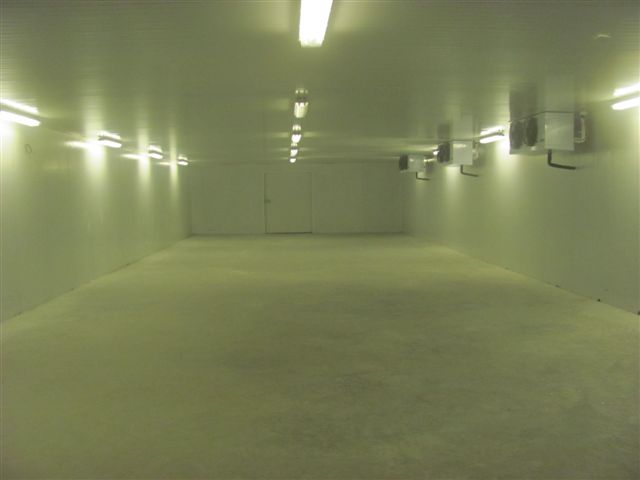In the realm of food preservation and storage, the importance of maintaining proper temperature conditions cannot be overstated. Whether it's a commercial kitchen, a restaurant, or a food processing facility, the need for reliable and efficient cold storage solutions is paramount. Enter the freezer room—a versatile and indispensable asset in the world of food service and production. Today, we'll explore the benefits, functionalities, and considerations of freezer rooms, shedding light on why they're a cornerstone of modern food storage infrastructure.

Understanding Freezer Rooms:
Such rooms, also known as cold rooms or walk-in freezers, are enclosed spaces specifically designed to maintain low temperatures for the preservation of perishable goods. Unlike traditional standalone freezers, such rooms offer a larger storage capacity and customizable configurations to suit various needs. They are constructed with insulated panels, robust flooring, and efficient cooling systems, ensuring optimal temperature control and energy efficiency.
Benefits of Freezer Rooms:
Ample Storage Capacity: Such rooms come in a range of sizes, from small-scale units to expansive walk-in chambers, providing ample space to store large quantities of perishable items efficiently.
Customizable Configurations: One of the key advantages of such rooms is their flexibility in design and layout. They can be tailored to fit specific spatial requirements and storage needs, with options for shelving, racking, and compartmentalization.
Optimal Temperature Control: Equipped with advanced cooling systems and insulated panels, such rooms maintain consistent low temperatures, ensuring the preservation of food items at optimal conditions to minimize spoilage and wastage.
Energy Efficiency: Modern freezer room are engineered for energy efficiency, employing features such as high-performance insulation, LED lighting, and smart temperature monitoring systems to reduce power consumption and operational costs.
Improved Organization and Accessibility: With customizable shelving and storage solutions, such rooms facilitate efficient organization and easy access to stored items, enhancing workflow and reducing the risk of inventory errors.
Considerations for Installation and Maintenance:
Space and Location: Proper planning is crucial when installing a freezer room, considering factors such as available space, access points, and proximity to power sources. Additionally, locating the freezer room away from heat sources and direct sunlight helps optimize energy efficiency.
Insulation and Sealing: Ensuring the integrity of insulation materials and seals is essential to prevent temperature fluctuations and minimize energy loss. Regular maintenance and inspections are necessary to address any wear and tear that may compromise insulation effectiveness.

Cooling System Maintenance: Routine maintenance of cooling units, compressors, and evaporators is necessary to ensure optimal performance and prolong the lifespan of equipment. Prompt repairs and servicing help prevent breakdowns and costly downtime.
Hygiene and Sanitation: Maintaining cleanliness and hygiene within such rooms is paramount to prevent contamination and food borne illness. Regular cleaning of surfaces, shelving, and storage containers, along with adherence to sanitation protocols, helps uphold food safety standards.
Freezer rooms from AFRICHILL stand as a testament to the evolution of cold storage technology, offering unmatched efficiency, versatility, and reliability in preserving perishable goods. Whether in commercial kitchens, food processing facilities, or scientific laboratories, the importance of freezer rooms cannot be overstated. By understanding their benefits, applications, and maintenance considerations, businesses can harness the full potential of such rooms to optimize their operations and uphold the highest standards of quality and safety in food storage and preservation. Call them at +27 (0) 11 979 1885 to discuss your requirements.


